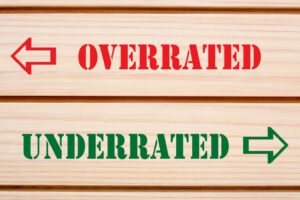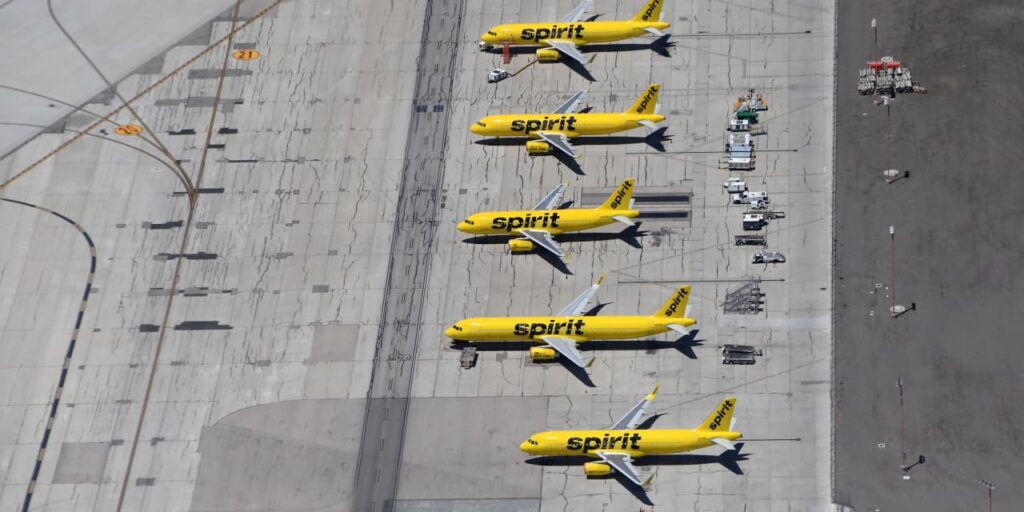The proposed merger between
JetBlue
Airways and
Spirit Airlines
is officially dead.
Moves in the stocks reflect the idea that it is a lucky escape for JetBlue and that it piles more pressure on Spirit, an ultra-low-cost carrier Spirit.
JetBlue
shares were up 0.7% shortly after the open, giving up an earlier gain, while Spirit stock was down more than 10%.
The two carriers agreed to terminate their merger agreement Monday, ending the prospect of creating the fifth-largest U.S. airline.
A federal judge blocked the deal in January, siding with the Justice Department’s view that it would harm cost-conscious travelers who rely on Spirit’s low fares. While the airlines appealed the ruling and arguments were due to be heard in June ahead of the July 24 merger deadline, the companies said Monday that regulatory obstacles meant the transaction couldn’t be closed in time.
The chances of an appeal being successful, and in time, were always slim. But the news brings closure for the companies, and for investors, while also eliminating any lingering probability of the merger being completed.
JetBlue investors had long since turned against the merger. With the benefit of hindsight, the low-cost carrier’s $33.50 per share offer for Spirit, agreed on back in 2022, was looking like way too much. Spirit was trading at around $15 before the court ruling in January after a series of earnings disappointments.
Even if the deal had been approved, JetBlue might well have looked to renegotiate the price.
Instead, the airline has started to plan for a future without Spirit—looking at ways to reduce costs and return to profitability. The shares had climbed 17% in 2024 through Friday’s close, helped in part by news that the activist investor Carl Icahn has taken a 9.9% stake in the company and won two seats on the board.
Spirit’s struggles meant that hopes for a merger were essentially propping up the share price. The stock was down 11% at $5.77 in early trading.
JetBlue will pay Spirit $69 million, resolving all outstanding matters between the two airlines, the low-cost carrier said. “We believed this merger was worth pursuing because it would have unleashed a national low-fare, high-value competitor to the Big Four airlines,” JetBlue’s CEO Joanna Geraghty said.
Spirit CEO Ted Christie said he was disappointed not to close a deal he said would have saved money for consumers and created a challenge to the Big Four:
United Airlines,
Delta Air Lines,
American Airlines
and
Southwest Airlines.
“However, we remain confident in our future as a successful independent airline. We wish the JetBlue team well,” he added.
Write to Callum Keown at callum.keown@barrons.com
Read the full article here












